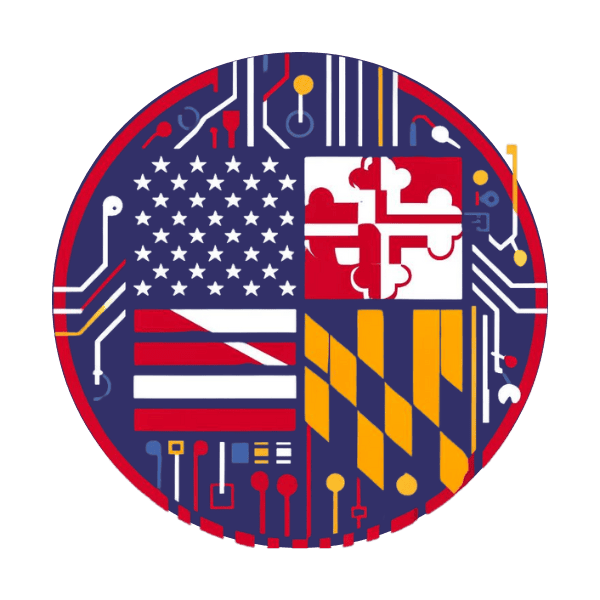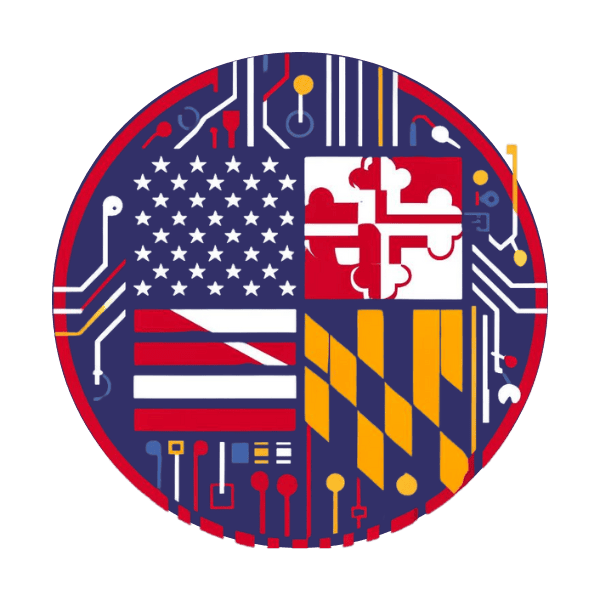The Evolution of MLOps


MLOps has transformed from a set of best practices into a critical engineering discipline that enables organizations to reliably deploy and maintain AI systems at scale. This evolution mirrors the journey of DevOps but introduces unique challenges specific to machine learning systems.
Core Components of Modern MLOps
1. Continuous Training and Deployment Pipelines
Pipeline Architecture
- Feature extraction and preprocessing workflows
- Model training orchestration
- Validation and testing gates
- Deployment automation
- Rollback mechanisms
Implementation Technologies
- Kubeflow for orchestration
- Apache Airflow for workflow management
- MLflow for experiment tracking
- DVC for data versioning
- GitHub Actions/Jenkins for CI/CD
Best Practices
- Immutable training environments
- Reproducible experiments
- Automated quality gates
- Versioned configurations
- Infrastructure as Code (IaC)
2. Model Monitoring and Observability
Performance Monitoring
- Model drift detection
- Feature drift analysis
- Performance degradation alerts
- Prediction monitoring
- Resource utilization tracking
Observability Infrastructure
- Logging frameworks for ML systems
- Metrics collection and aggregation
- Distributed tracing
- Alert management
- Dashboard creation
Key Metrics
- Model accuracy metrics
- Latency measurements
- Throughput statistics
- Resource utilization
- Cost per prediction
3. Data Versioning and Lineage Tracking
Data Management
- Dataset versioning strategies
- Feature store implementation
- Data quality monitoring
- Schema evolution handling
- Data validation pipelines
Lineage Tracking
- Feature provenance
- Model lineage documentation
- Experiment tracking
- Training data versioning
- Deployment history
Governance and Compliance
- Access control mechanisms
- Audit logging
- Compliance documentation
- Privacy protection measures
- Security protocols
4. Resource Optimization and Cost Management
Infrastructure Optimization
- Auto-scaling configurations
- Resource allocation strategies
- GPU/TPU utilization
- Cache optimization
- Storage management
Cost Control Mechanisms
- Budget monitoring
- Resource usage tracking
- Cost allocation
- Optimization recommendations
- Chargeback systems
Performance Tuning
- Batch size optimization
- Inference optimization
- Training job scheduling
- Resource pooling
- Load balancing
5. Automated Testing for AI Systems
Test Categories
- Data validation tests
- Model validation tests
- Integration tests
- Performance tests
- Security tests
Testing Infrastructure
- Test automation frameworks
- Continuous testing pipelines
- Test data management
- Test environment provisioning
- Result tracking and reporting
Quality Assurance
- Model performance benchmarks
- A/B testing frameworks
- Canary deployments
- Shadow deployment testing
- Chaos engineering for ML
Advanced MLOps Concepts
1. Feature Store Architecture
- Feature computation
- Feature serving
- Feature discovery
- Access patterns
- Caching strategies
2. Model Registry Management
- Version control
- Model metadata
- Deployment tracking
- Artifact management
- Rollback procedures
3. Distributed Training Management
- Cluster orchestration
- Job scheduling
- Resource allocation
- Network optimization
- Fault tolerance
Tools and Technologies
Essential MLOps Tools
- Kubernetes for orchestration
- Prometheus for monitoring
- Grafana for visualization
- Git LFS for large file storage
- Docker for containerization
Cloud Platforms
- AWS SageMaker
- Google Vertex AI
- Azure ML
- Platform-specific best practices
- Multi-cloud strategies
Career Progression in MLOps
Role Evolution
- Junior MLOps Engineer
- Senior MLOps Engineer
- MLOps Architect
- Platform Engineering Lead
- AI Infrastructure Director
Key Responsibilities
- Pipeline development
- Infrastructure management
- Security implementation
- Cost optimization
- Team leadership
Required Skills
- Programming proficiency
- System design expertise
- Cloud platform knowledge
- DevOps practices
- ML fundamentals
Building a Learning Path
Foundation Skills
- Python programming
- DevOps fundamentals
- ML basics
- Cloud platforms
- Container orchestration
Advanced Skills
- Distributed systems
- Performance optimization
- Security practices
- Cost management
- Architecture design
Practical Experience
- Build end-to-end pipelines
- Implement monitoring systems
- Design testing frameworks
- Manage production deployments
- Optimize resource usage
Future Trends in MLOps
Emerging Technologies
- AutoML integration
- Serverless ML
- Edge deployment
- Federated learning
- Green ML practices
Industry Directions
- Increased automation
- Enhanced observability
- Stronger governance
- Cost optimization
- Security focus
Best Practices and Guidelines
Documentation
- Architecture diagrams
- Pipeline documentation
- Runbooks
- Incident response plans
- Knowledge base maintenance
Collaboration
- Cross-functional communication
- Knowledge sharing
- Code review practices
- Team training
- Stakeholder management
Governance
- Policy implementation
- Compliance management
- Risk assessment
- Security protocols
- Audit procedures
Conclusion
MLOps continues to evolve as organizations scale their AI initiatives. Success in this field requires a combination of technical expertise, system design knowledge, and operational excellence. As the field matures, professionals who can effectively implement and manage ML systems while optimizing for cost, performance, and reliability will be increasingly valuable to organizations of all sizes.

